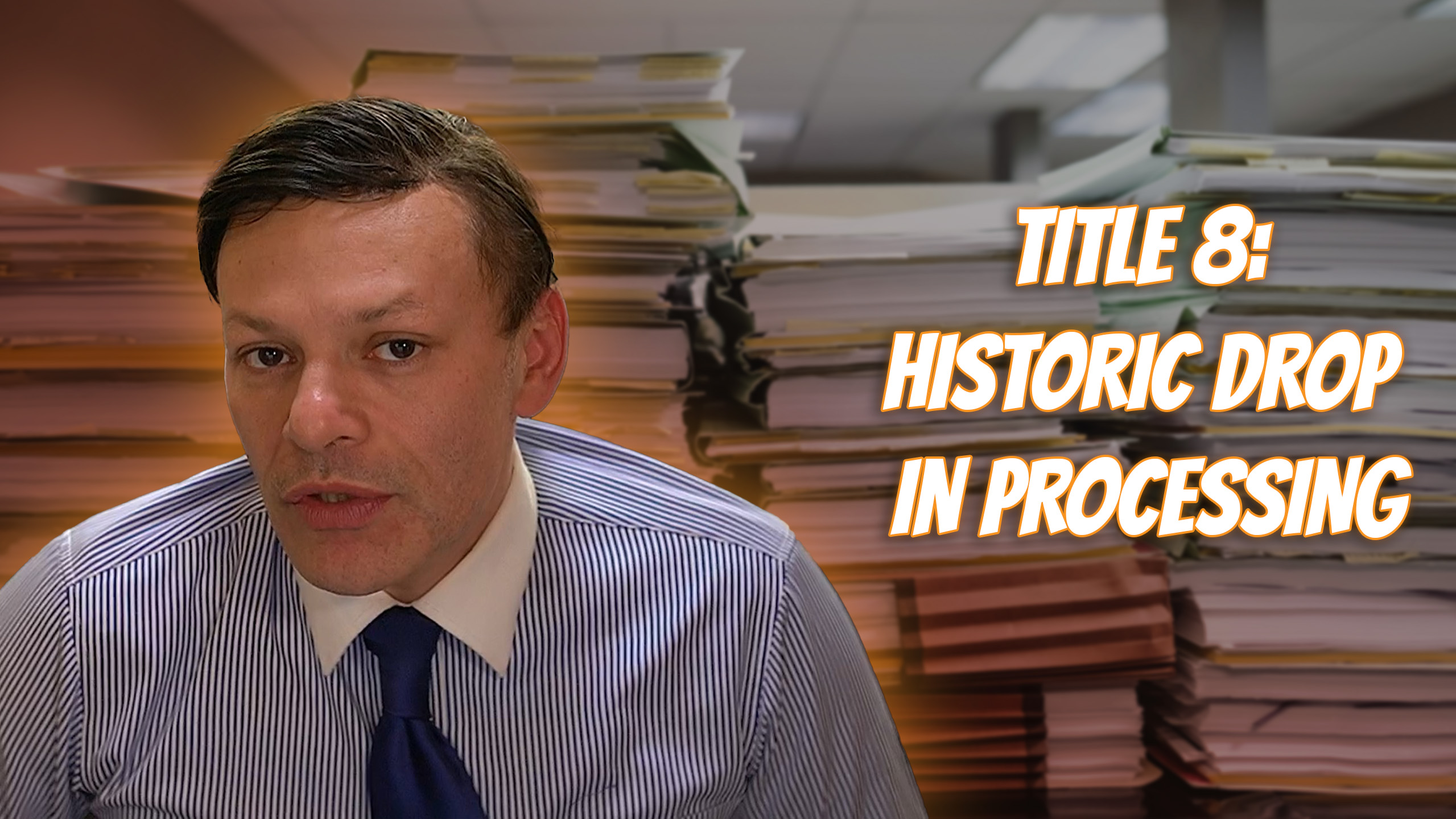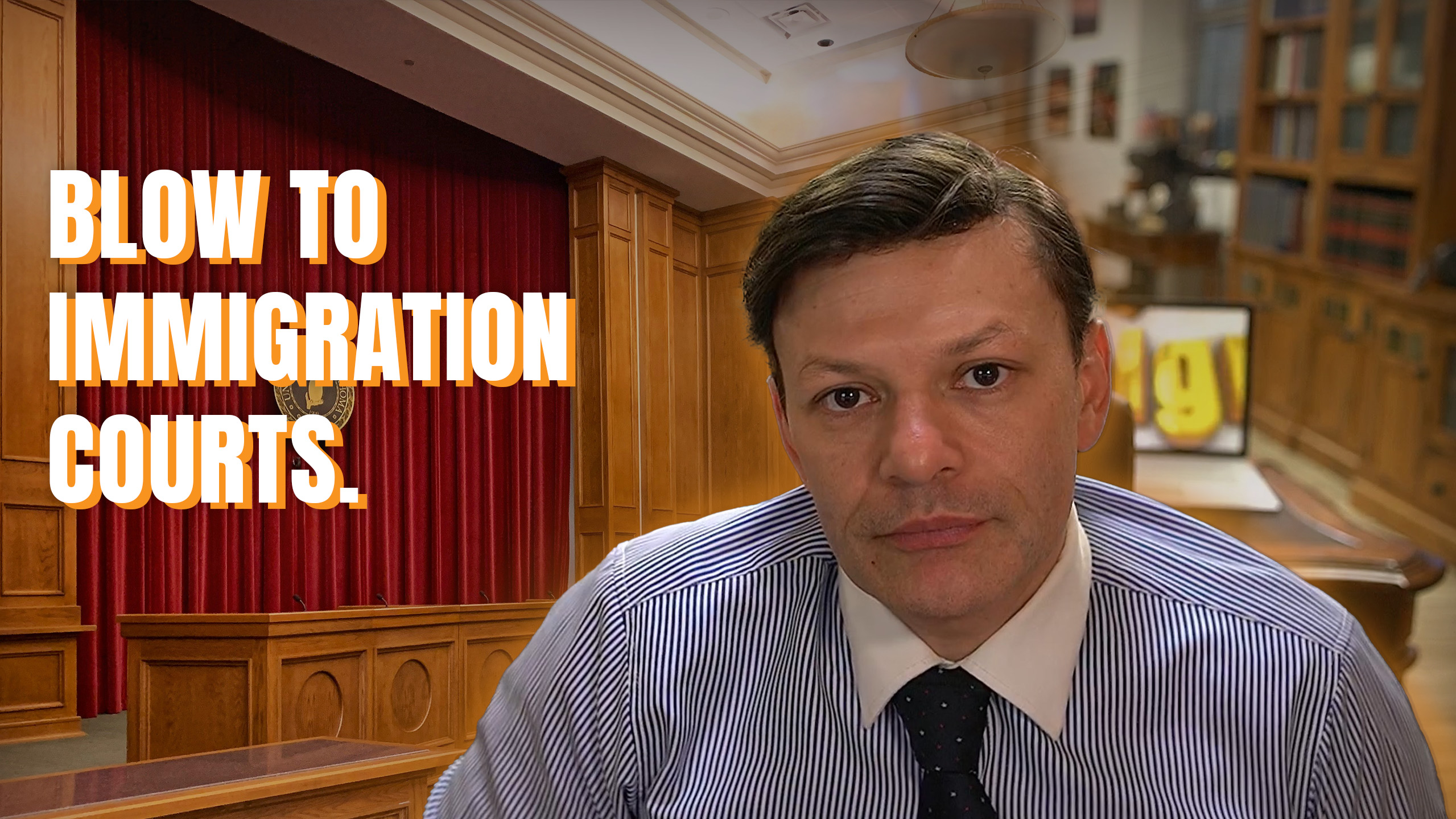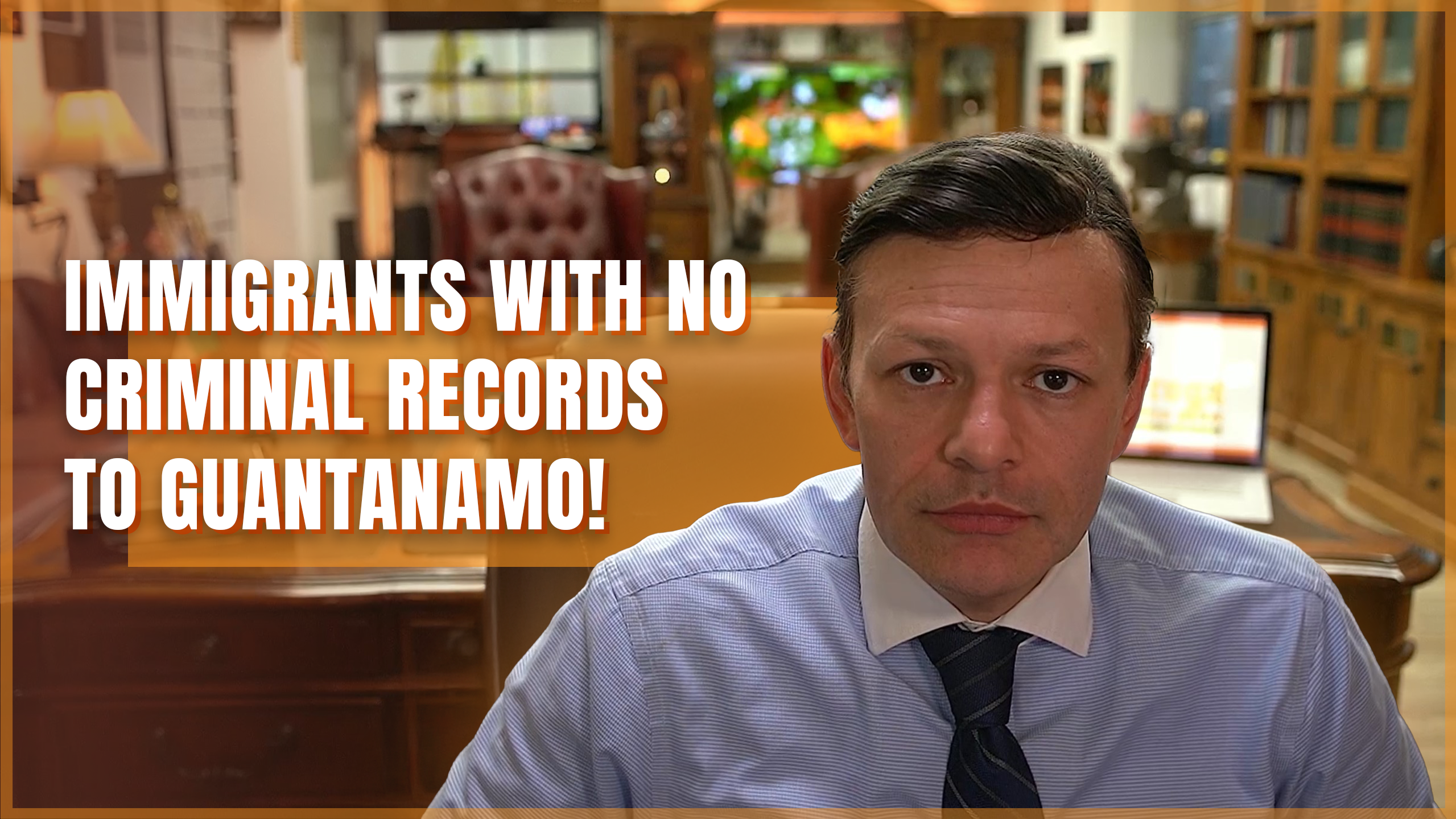An Immigrant’s Story in Retrospect
Hector is at work on a book – his immigrant’s story – that will be out later this year. While he was looking over a draft of it this week something hit him. Really hard. He immigrated in 2001 and it wasn’t easy, as this excerpt shows. But, it was in a time of far less heated rhetoric. Hector’s thought, what if he was going through this today?
This excerpt starts just after a family emergency stranded Hector at the University of Texas in Austin with very little money:
I had what was left of the money I came to Texas with and the 20 hours a week I worked on campus for something below minimum wage – really, they were jobs to pay for going to the movies and getting a pizza every once in a while, not to live on.
Going back to Colombia was, of course, off the table.
Besides, I wanted to finish my classes and move ahead with school. I don’t think the problems I was about to face sunk in until I was halfway to solving at least some of them.
In fact, I’m not sure what I would have done had I realized what I was facing: a foreign student on a visa, not eligible for student loans, no way of receiving income, in any form, from home. No work visa.
Friends helped out to start. They gave me comfort, confidence I could plow ahead with classes, and helped steer me toward jobs, Alfonso let me crash at his apartment so I wasn’t homeless, at least.
I took several jobs and worked as much as I could around classes.
I worked, studied, sometimes did both at once.
I didn’t realize the effect it was all having on me until one day I was sitting in class and heard the professor say, “Man, if you’re that tired, take the day, go home.”
I had no idea who he was talking to, looked around the room, realized everyone was staring.
“Hector, you were asleep, man,” the professor said when I finally made eye contact with him, “go home, it’s fine, take care of yourself.”
I staggered back to Alfonso’s place, realized I really was out of it and in danger of falling asleep on my feet. I walked in, was out before I hit the couch. I slept for the next twenty-four hours straight, I don’t think I even moved . . .
. . . Things were tight and getting tighter every day. Money was an issue, staying in school after the semester was looking impossible. The University of Texas is very reasonable for Texas residents, tuition rises for out-of-state students, international students pay far more than anyone.
I had a temporary visa, I had no way to establish residency in Texas. I had no way to pay international student tuition.
I was fine while I finished the semester, I was going to be in a bad spot quickly once classes ended.
I knew one person in the United States, my mother.
She lived in Washington state with a step-father I did not know. He was some kind of engineer, that was about the extent of my knowledge.
I hadn’t had much of a relationship with my mother since I left her house to live with my father when I was about twelve.
I called her. I think she already knew what my situation was – and why – for the call was good.
It ended with, “Come on up to Spokane, if you want, and we’ll see what happens … good luck . . . with everything.”
I had, I thought, one last hope for the University of Texas. I took the entrance exam for the Fall semester anyway. I missed the mark by 10 points. Close enough to be truly frustrating.
I had no idea how I would have paid for it, but it was worth a shot even if it was a forlorn hope.
When my classes ended I had no choice but to pack up the few belongings I had and head out for a place I could barely pronounce and certainly couldn’t begin to envision.
I left for Spokane, Washington.
Hector’s immigrant’s story could have been much, much different. And if it happened today? Well, he knows the first call he would have made was to an immigration attorney.


